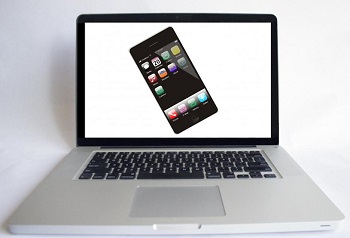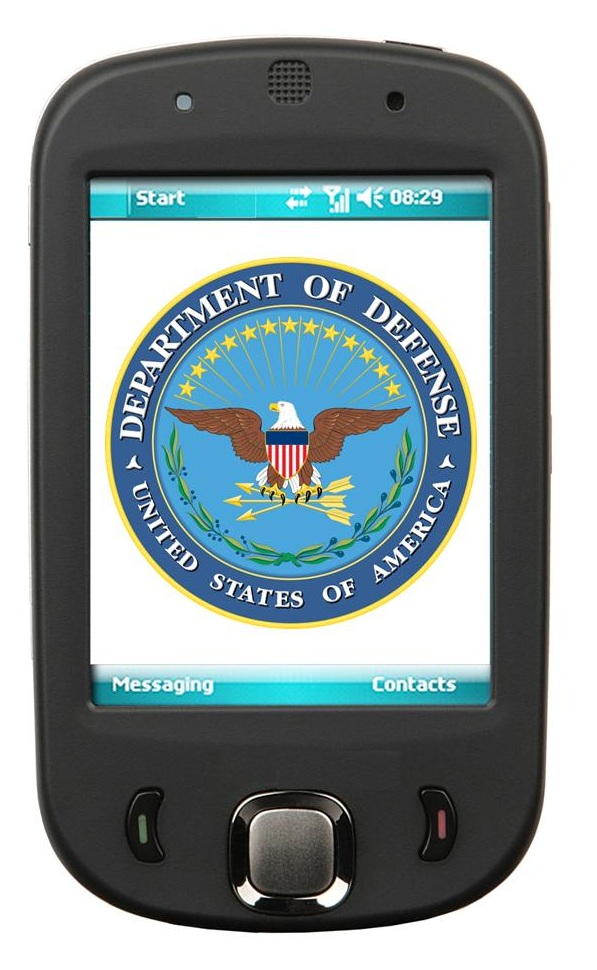A recent study has shown that despite the popularity of smartphones, they are still not the top internet access devices.
The results of a new Pew study have now been released and they looked into the mobile technology usage of 2,188 smartphone users, asking them about the way they depend on those devices for their internet access.
What they found was that the home broadband experience is still preferred to smartphone based internet.
The research indicated that the mobile technology device owners who are relying on those gadgets are more likely to be those who use them for vital services and job hunting. Moreover, those who use the devices as their primary internet connection are also those who have experienced financial hardship and who are more likely to have their smartphone service cut off.
This reveals quite a bit about the way that mobile technology is being used as a source of internet connection.
 According to a co-author of the study, Aaron Smith, explained that “That momentary inconvenience could be the difference between hearing back from a job and being able to apply for a job.” He went on to add that “This could affect their financial situation in a meaningful way.”
According to a co-author of the study, Aaron Smith, explained that “That momentary inconvenience could be the difference between hearing back from a job and being able to apply for a job.” He went on to add that “This could affect their financial situation in a meaningful way.”
This data shows that approximately 64 percent of adult Americans own smartphones, and among them, about 7 percent don’t have any other type of high speed internet access at home. The study referred to those users as “smartphone dependent”. They face limitations with regards to their internet usage options, aside from their smartphones, when it comes to going online. Some of their only alternative choices would be local community centers and libraries.
The report also indicated that among all owners of smartphones have an annual household income that is lower than $30,000, just about half of them had said that they had been forced to pause or even cancel their smartphone service as a result of money struggles. Moreover, 51 percent of them also said that they occasionally or even frequently max out their data plans.
The cessation of internet service over mobile technology could have been potentially devastating for households within the annual income level that was lower than $30,000 per year, as they were also those that were four times more likely to submit a job application over their smartphones than people who were doing better financially.

 He said that there are three separate pilots underway that have already demonstrated that this mobile device security system can be implemented effectively. He did acknowledge that there remain certain security issues in the effort to bring the credentials to the device, but that the department is working their way through those. Therefore, they do not yet have a “formal program to put an issuance infrastructure in place.”
He said that there are three separate pilots underway that have already demonstrated that this mobile device security system can be implemented effectively. He did acknowledge that there remain certain security issues in the effort to bring the credentials to the device, but that the department is working their way through those. Therefore, they do not yet have a “formal program to put an issuance infrastructure in place.”